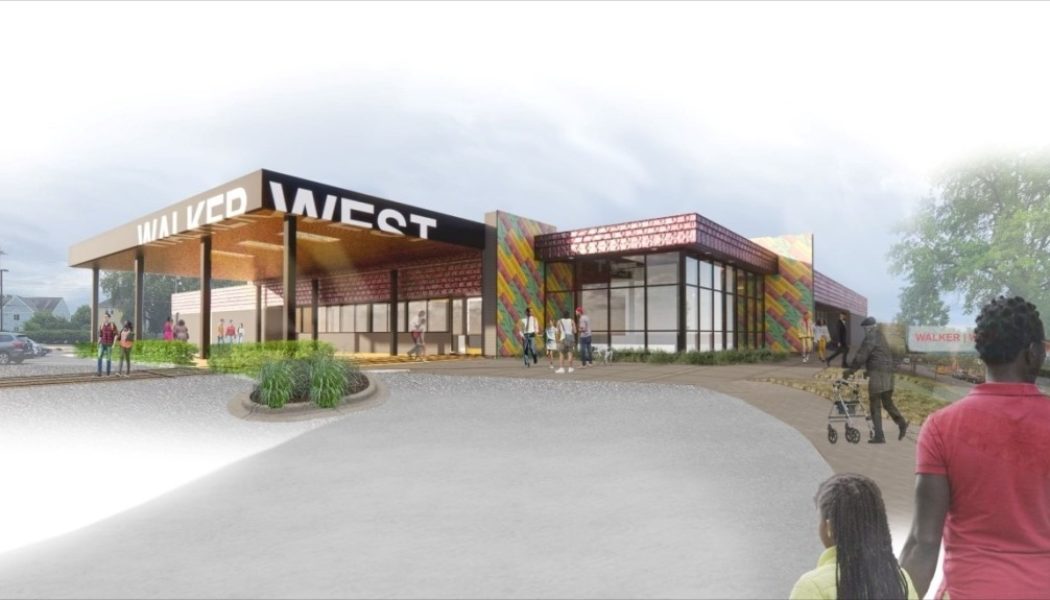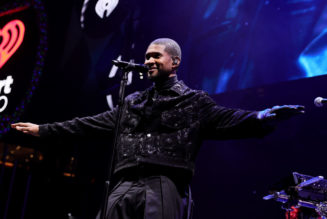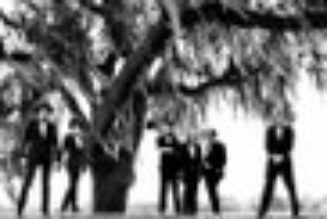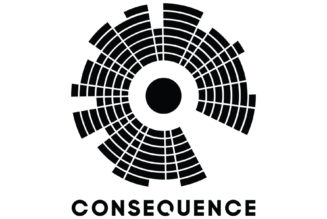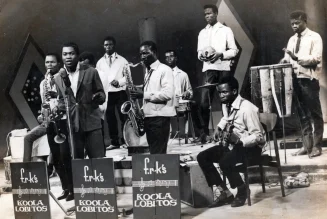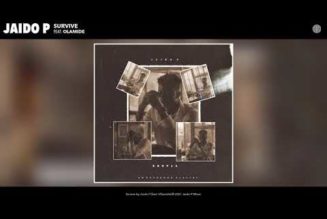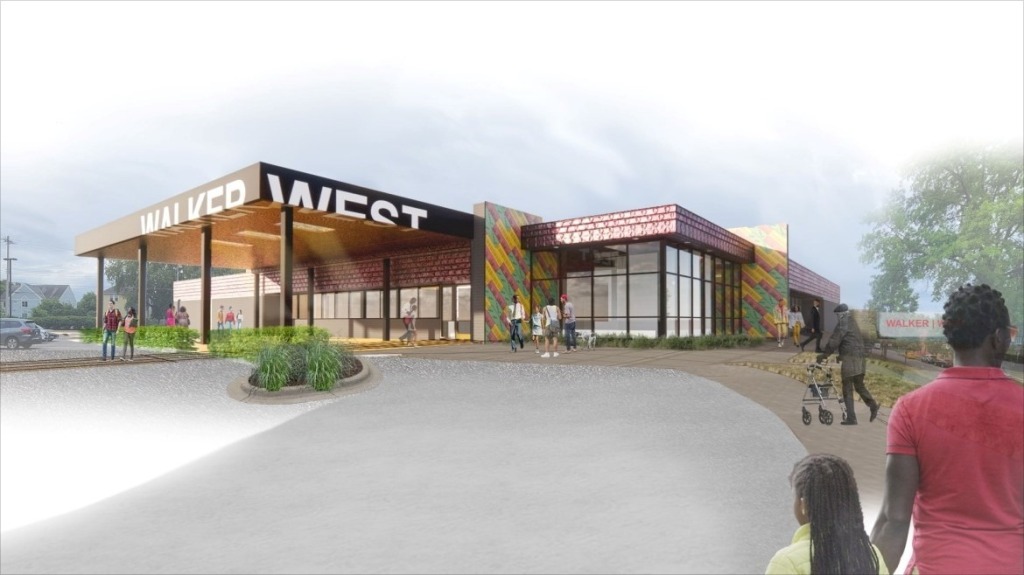
The first time Grant West heard Carl Walker improvise on a church piano, he almost thought he’d met a long-lost twin.
“I felt like I’d known him for a very long time,” said West, 76, who would go on to co-found a Selby Avenue music school bearing both their names. “Every now and then, I would hear somebody play, and I’d say, ‘That must be one of Carl Walker’s students,’ and it was. You could tell who was studying with him. He left his fingerprints.”
Walker, who had once won a college scholarship by playing “Clair de Lune” at an Illinois gospel convention, was equally impressed. “We started out as good musical friends, and have been that ever since day one,” said the 85-year-old reverend, who keeps busy in retirement raising four of his great-grandchildren.
On a winter’s day in early 1988, with the two church musicians eager to move beyond hosting lessons in their living rooms, the Walker West Music Academy was born in St. Paul on the first floor of a Hague Avenue duplex, where it wouldn’t last long. Upstairs tenants, at first enchanted by the prospect of being serenaded with jazz, pop and classical music at all hours, came to realize that students start at the bottom before they learn to hit the right notes. Within a year, their landlord asked them to leave.
Selby Avenue location
So they did — to a site on the 700 block of Selby Avenue, and then in 2014 to the music academy’s current home at 760 Selby, where Walker West serves some 300 students weekly through “Homes in Harmony,” a pre-kindergarten music program, and the Amazing Grace Choir, an Alzheimer’s-friendly seniors gospel choir and classes for every age in between.
Music lessons run the gamut from Bach and Beethoven to funk-metal, even extending to traveling ukulele instruction at two nearby senior complexes. Another program, “Walker West Without Walls,” brings music instruction to public schools that lack it as far away as St. Cloud.
With improvisational jazz as its forte and the Black church as its roots, Walker West would become synonymous with Selby Avenue, a historically Black corner of St. Paul that has diversified with time.
Over the course of his 35 years with the school, Walker would go back to school himself for his pastoral license, for years leading Morning Star Missionary Baptist Church just up the block and across the street from the academy.
The future for Walker West: a $12 million expansion
Up next is another relocation. The school’s Selby Avenue lease is running out to make room for the expansion of MyTana, a manufacturer of sewer and drain cleaning equipment that operates in the same building. Braxton Haulcy, who joined Walker West as executive director in 2018 and led it through a strategic planning process, worked with the board to find a solution.
The school, which had been mired in deficit spending a few years ago, is now closing in on the final stages of a $12 million capital campaign to open the Walker West Music Academy of the future about 2½ blocks away at 650 Marshall Ave.
The hope is to have shovels in the ground within a year, if not by September, and remodel the former Wilder Adult Day Facility, which spans almost 16,000 square feet, or 2½ times the 6,000-square-foot music school at 760 Selby.
Acoustic treatments would provide better sound separation between classrooms, so the drumming and funk-metal doesn’t overpower the flute-playing next door. A central meeting room would be converted into a 200-seat recital hall, complete with state-of-the-art technology for streaming videos and video production. A dedicated parking lot, sizable outdoor courtyards geared for outdoor learning and lobby rooms large enough to double as party rooms would replace the cramped corners that constitute the school’s existing waiting area on Selby, which is mostly a few chairs around a reception desk.
There’s also plans for a technology lab and recording studio, which would allow the school to expand its digital music program in collaboration with Hamline University and the High School for Recording Arts in St. Paul. The overall project is designed by Locus Architecture of Minneapolis, with planned interior images representing the past, present and future of Walker West based on design inspiration from Ghanaian Kente cloth, a handwoven cloth made from strips of silk and fabric.
Room to learn
The biggest potential benefit of the larger new space? For Walker, it’s the room to learn.
“As far as the Black community, we have never had the experience of really teaching our music,” said Walker. “We have a wide spectrum of music that has never been accepted yet, and it needs to be heard. I think Walker West is the springboard for our music. As far as Black youth are concerned — or any youth now — if you want to get the guns off the street, put an instrument in the hands of a child. They will have a creative outlet that no one can take away from them.”
The ongoing fundraising for the $12 million capital campaign has drawn from a wide mix of sources, including philanthropic foundations, individuals and public grants such as the St. Paul STAR fund.
The building was purchased from the Wilder Foundation on behalf of Walker West by Model Cities St. Paul, which provides family supportive services.
Haulcy said the music school, which was awarded $4.1 million this legislative session from the state’s infrastructure bill, will use half the state funds to acquire the property from Model Cities this summer.
‘We don’t throw sheet music at you’
Haulcy said that Walker West, which maintains a waiting list of 200 students, also is fundraising additional sums to expand programming and hire more faculty and administrative staff. Until recently, the school was run by just four administrators, with Haulcy serving as chief fundraiser, accountant, human resources and hiring manager, among other hats. He’s since added two administrative positions. The faculty of about 40 instructors also will have to grow.
“About 80% of our faculty are African-American males,” he said. “This is one of the most unique models in the United States. In the public school system, it’s almost impossible to find Black male teachers in an educational environment. That’s the uniqueness of Walker West.”
The student body, largely but not exclusively composed of young people ages 5 to 18, is about 45% Black and 38% Caucasian, with the rest spanning the tapestry. Instruction is still “steeped in the African-American experience,” Haulcy said. “When we first started the school, we had 100% Black students. People across the Twin Cities found out about our improvisational style, and started going over to Walker West for that.”
“We don’t throw sheet music at you,” he added. “We want you to listen first and play by ear. It’s student-centered learning.”
Walker doesn’t see the expansion of Walker West as a vanity project. The prospect of bringing people of different backgrounds together to share common bonds while learning something new about American musical history strikes him as near-essential.
“The power of music is something special,” Walker said. “It has made Walker West become a global neighborhood, because all people can gather there. I think about the piano keys — they’re black and white, and they don’t say ‘don’t play me’ or ‘don’t play the white keys.’ They all go together. Music to me will always be the connector to people, no matter who they are.”
“Music is a spiritual bond. It has drawn a lot of people to the church,” said the reverend, adding with a quip: “Sometimes they’d rather hear the music than the pastor.”
